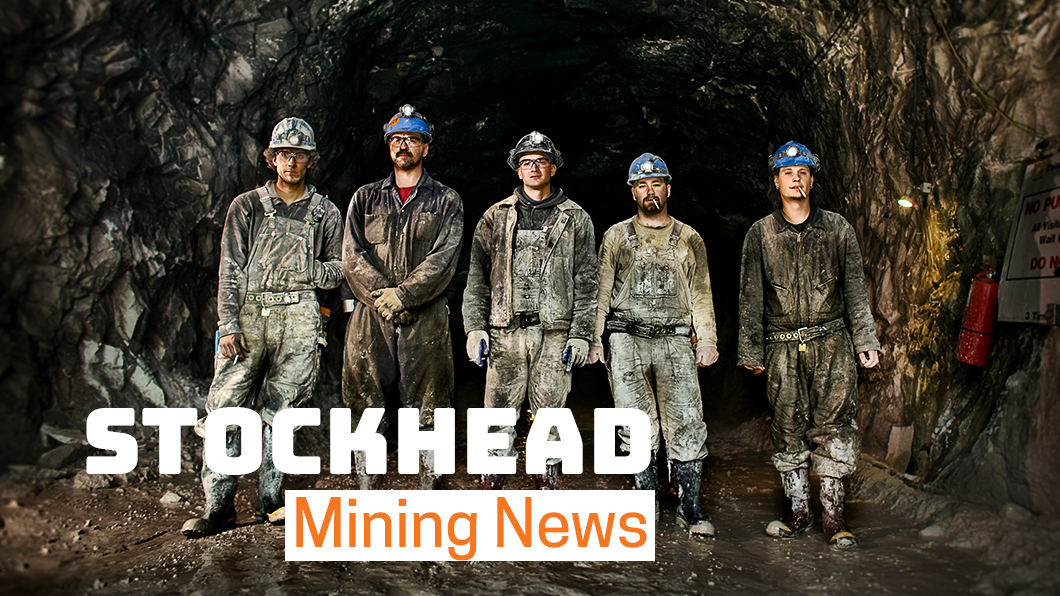Resource nationalisation is worrying mining investors, analysts say

Pic: Tyler Stableford / Stone via Getty Images
Resource nationalisation is crippling viable mining projects and reducing the attractiveness of certain countries as investment destinations, experts say.
Resource nationalisation is when countries change their rules — which mining companies rely on to make investment decisions — to assert stronger economic control over their natural resources.
“The rationale on the part of the producing countries is fairly clear; to earn revenue instead of just exporting added value,” Roskill analysts say.
“But it can backfire.
“[In the Democratic Republic of the Congo], the government’s decision to raise the royalty on tantalum (and other metals), coupled with the costs already being incurred by miners for conflict-free compliance, reduces the attraction of the country as a source of supply and as an investment destination,” Roskill says.
In Tanzania, Gold miner Acacia Mining (LON: ACA) and Niobum explorer Cradle Resources (ASX:CXX) are both being impacted by taxation changes.
“A well-advanced and viable project, the [Cradle Resources] saw progress slow when a major financial backer pulled out after Tanzania unfavourably changed its mining legislation,” Roskill says.
- Subscribe to our daily newsletter
- Bookmark this link for small cap news
- Join our small cap Facebook group
- Follow us on Facebook or Twitter
The next country to watch is Brazil –a major producer of iron ore, niobium, tantalum, and other commodities — where new president Jair Bolsonaro won the recent election easily on the back of an anti-corruption and resource nationalisation platform.
“This is important because he has expressed a desire for state control of the mining industry,” Roskill says.
“Huge amounts of money are involved, and investors do not like uncertainty.”
UNLOCK INSIGHTS
Discover the untold stories of emerging ASX stocks.
Daily news and expert analysis, it's free to subscribe.
By proceeding, you confirm you understand that we handle personal information in accordance with our Privacy Policy.








